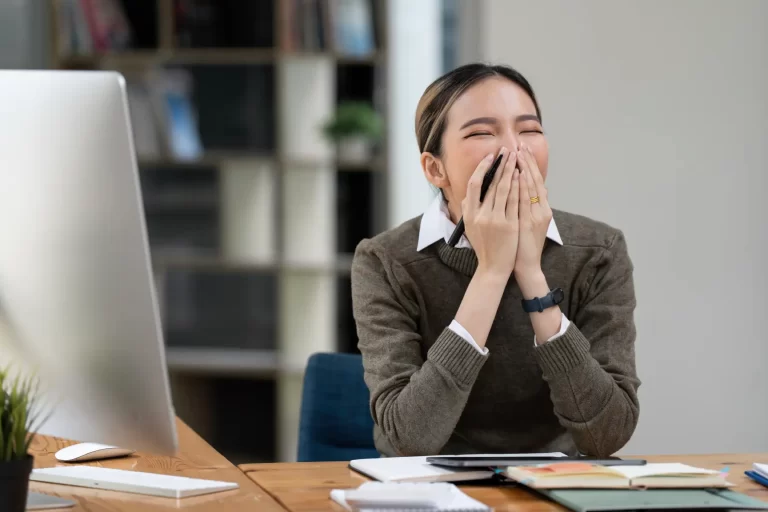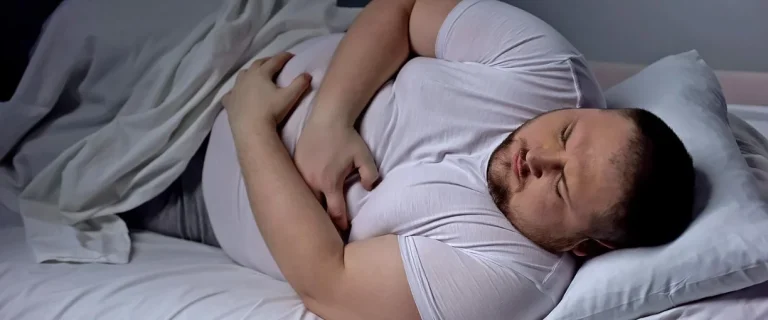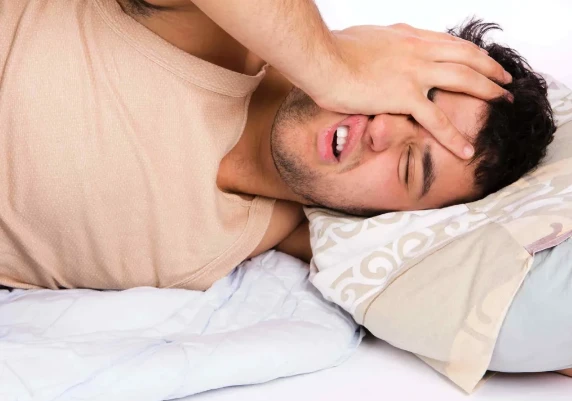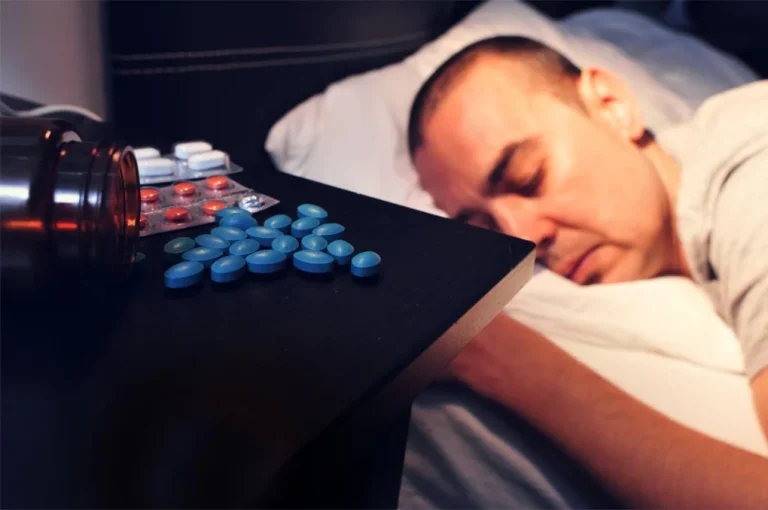The Impact of Aging on Sleep Disorders in New York City
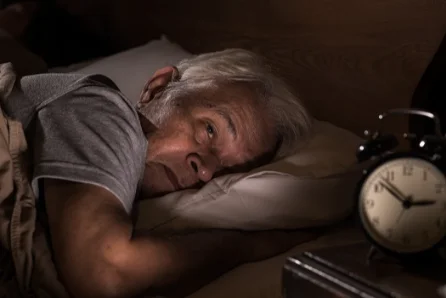
Sleep patterns naturally change as we age, often leading to difficulties in falling or staying asleep. For many older adults in New York City, sleep disorders are a growing concern that can impact both mental and physical health. At Vector Sleep Diagnostic Center, we are dedicated to helping seniors and their families understand the effects of aging on sleep and explore practical ways to manage sleep disorders. This guide discusses the relationship between aging and sleep disorders, common sleep challenges faced by older adults, and strategies for achieving better rest in the bustling environment of NYC.
How Aging Affects Sleep Patterns
Aging changes sleep patterns naturally, often resulting in lighter, shorter, or more fragmented sleep. These shifts are due to physiological changes, lifestyle factors, and joint health issues that tend to emerge as we age. Here’s how aging typically affects sleep:
- Changes in Circadian Rhythm: Older adults often experience a shift in their circadian rhythm, leading them to feel tired earlier in the evening and wake up earlier in the morning.
- Decrease in Deep Sleep: Aging reduces the time spent in restorative deep sleep, resulting in lighter sleep that is more easily disturbed.
- More Frequent Awakenings: Health issues, medications, and lighter sleep cause more frequent awakenings, disrupting the overall sleep cycle.
Common Sleep Disorders in Older Adults
As we age, certain sleep disorders become more prevalent. Understanding these disorders is the first step toward better sleep management:
1. Insomnia
Insomnia is the most common sleep disorder in older adults and can be influenced by various factors, including stress, health conditions, and medication use. Symptoms include difficulty falling asleep, staying asleep, or waking up too early.
- Impact on Health: Chronic insomnia can lead to daytime fatigue, reduced cognitive function, and a lower quality of life.
- Common Causes in Seniors: Pain, frequent nighttime urination, anxiety, and side effects of medications often contribute to insomnia in older adults.
2. Sleep Apnea
Sleep apnea is a condition characterized by pauses in breathing during sleep, often due to an obstructed airway. It’s increasingly common with age and can significantly impact health if untreated.
- Symptoms: Loud snoring, gasping for air, frequent awakenings, and daytime drowsiness.
- Health Risks: Untreated sleep apnea raises the risk of high blood pressure, heart disease, and stroke.
3. Restless Legs Syndrome (RLS)
RLS causes uncomfortable sensations in the legs, often creating an uncontrollable urge to move them. Symptoms tend to worsen in the evening or when resting, making it hard to fall asleep.
- Symptoms: Tingling, itching, or a crawling sensation in the legs, relieved temporarily by movement.
- Impact on Sleep: RLS often disrupts the ability to fall asleep, leading to sleep deprivation over time.
4. REM Sleep Behavior Disorder
This condition is marked by vivid dreams and sudden, often violent, physical movements during REM sleep. It is more common in older adults, particularly men.
- Symptoms: Acting out dreams, talking, or flailing arms and legs while asleep.
- Associated Risks: REM Sleep Behavior Disorder can lead to injuries and is often linked with neurodegenerative conditions like Parkinson’s disease.
Factors Contributing to Sleep Issues in Older Adults
The aging population in New York City faces unique challenges when it comes to sleep. Here are some common factors that contribute to sleep issues among seniors:
- Health Conditions: Chronic pain, arthritis, heart disease, and mental health issues like depression can interfere with restful sleep.
- Medication Side Effects: Many medications prescribed for age-related conditions, such as heart disease or arthritis, may have side effects that disrupt sleep.
- Increased Sensitivity to Environmental Factors: Seniors may be more sensitive to noise, light, and temperature changes, all of which are common in urban settings like New York City.
- Reduced Physical Activity: As people age, they often become less active, which can impact sleep quality.
Tips for Managing Sleep Disorders as You Age
For seniors experiencing sleep difficulties, a few lifestyle adjustments can make a significant difference. Here are strategies that can help improve sleep quality:
1. Maintain a Consistent Sleep Schedule
Go to bed and wake up at the same time every day to regulate your body’s internal clock. Try to avoid naps late in the day, as they can interfere with nighttime sleep.
2. Create a Restful Sleep Environment
An optimal sleep environment is essential for deep, uninterrupted rest. Consider these tips:
- Use blackout curtains to block out city lights.
- Reduce noise with earplugs or a white noise machine to mask urban sounds.
- Keep the room cool to prevent overheating, which can disturb sleep.
3. Practice Relaxation Techniques Before Bed
Engage in relaxing activities before bed to promote calmness and reduce anxiety. Consider trying:
- Gentle stretching or yoga to ease muscle tension.
- Reading or listening to calming music.
- Breathing exercises to slow the heart rate and prepare for sleep.
4. Watch Your Diet and Hydration
Eating too close to bedtime or consuming stimulating substances can interfere with sleep. Consider the following adjustments:
- Avoid caffeine and alcohol in the late afternoon and evening, as these can affect your ability to fall asleep.
- Limit fluids in the evening to reduce nighttime trips to the bathroom.
5. Seek Professional Help if Needed
For persistent sleep issues, seeking guidance from a sleep specialist can be beneficial. At Vector Sleep Diagnostic Center, we offer comprehensive sleep assessments to help diagnose and treat various sleep disorders in seniors.
Treatment Options for Sleep Disorders in Older Adults
If lifestyle changes aren’t enough, there are several treatment options available to help manage sleep disorders in older adults:
- Cognitive Behavioral Therapy for Insomnia (CBT-I): This is a non-medication approach that helps identify and change thoughts and behaviors that contribute to insomnia.
- Continuous Positive Airway Pressure (CPAP) Therapy: CPAP machines are commonly used to treat sleep apnea by keeping airways open throughout the night.
- Medications: For some, short-term use of sleep aids may be necessary, but these should be carefully monitored by a healthcare provider to avoid dependency.
- Light Therapy: Exposure to bright light in the morning can help reset the circadian rhythm for those who have trouble falling asleep early or waking up too early.
How Vector Sleep Diagnostic Center Can Help
Sleep disorders can significantly impact quality of life for older adults. At Vector Sleep Diagnostic Center, we specialize in diagnosing and managing sleep disorders for people of all ages. Our team provides personalized assessments and treatments tailored to meet the unique needs of seniors, helping them achieve healthier, more restorative sleep.
Call us at 1 718-830-2800 or email vectorsleep@gmail.com to schedule a consultation today.
Frequently Asked Questions (FAQs)
1. How much sleep should older adults get?
Most older adults need about 7-8 hours of sleep per night, though individual needs may vary.
2. Why is it harder to stay asleep as we age?
As we age, sleep becomes lighter due to changes in sleep architecture, making it easier to wake up from noises, discomfort, or health issues.
3. Can poor sleep affect mental health in older adults?
Yes, poor sleep is linked to higher risks of depression, anxiety, and cognitive decline in seniors.

